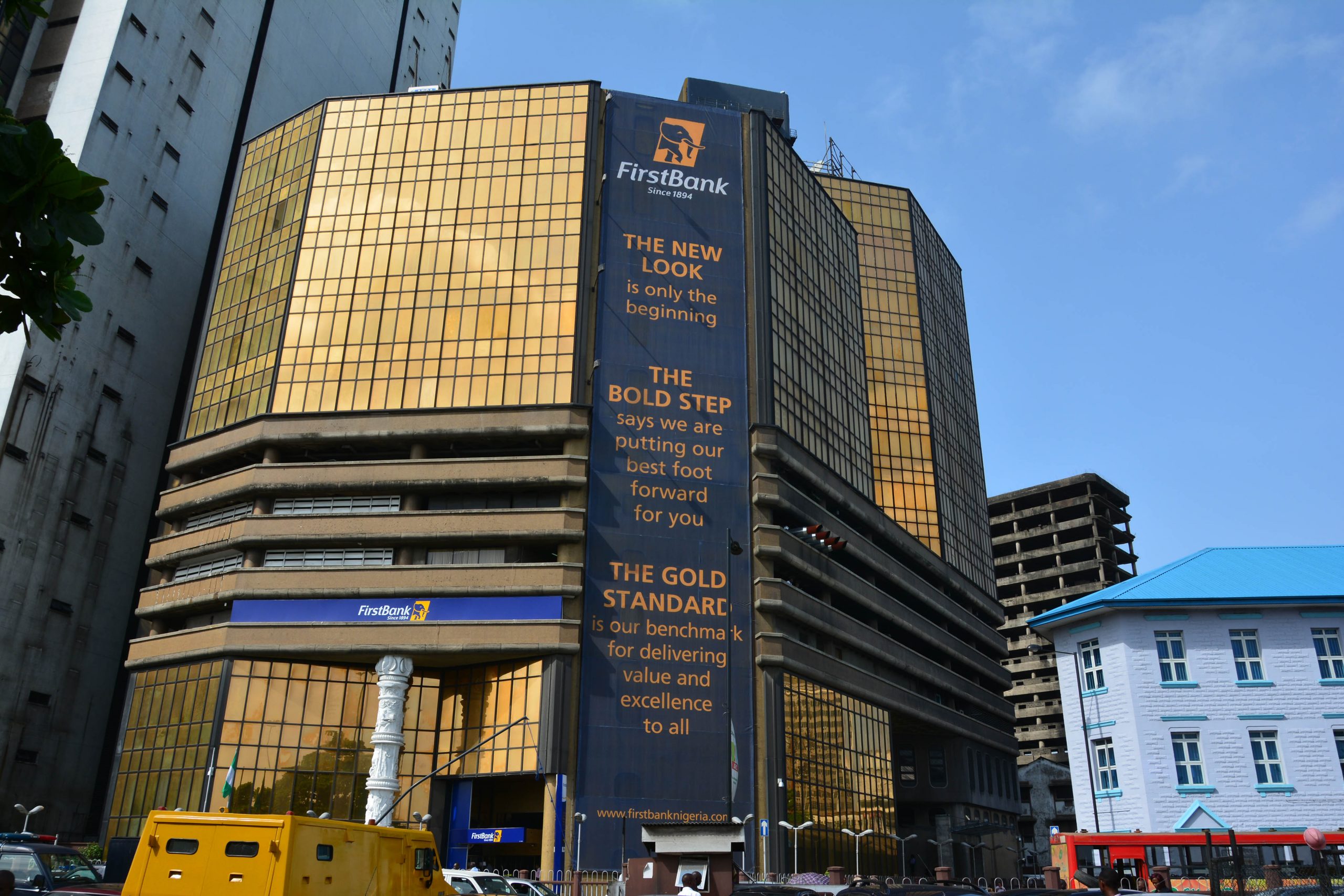The administration of President Bola Ahmed Tinubu has set its sights on building a $1 trillion economy by 2030, with a particular focus on bridging the gap between the rich and the poor. The government aims to achieve this goal through sustainable economic policies, including widespread financial inclusion and empowering Nigerians, particularly those in underserved areas.
The announcement was made by Senator Ibrahim Hadejia, Deputy Chief of Staff to the President, during the 8th Annual National Conference of The Association of Mobile Money and Bank Agents in Nigeria (AMMBAN), which took place on Thursday in Benin, Edo State. Hadejia was represented by Nurudeen Abubakar Zauro, Technical Advisor to the President on Economic and Financial Inclusion.
In his remarks, Hadejia emphasized that financial inclusion was a critical component of the administration’s economic agenda. “As we seek to achieve this milestone, financial inclusion is at the heart of our economic agenda, ensuring that all Nigerians—regardless of location, gender, or socioeconomic status—are not only included but also empowered in our financial system,” he said.
He highlighted that the government is actively pursuing initiatives to improve access to credit for micro, small, medium, and nano enterprises (MSMSNE) and other programs aimed at enhancing inclusive growth. Hadejia noted that while some progress has been made, approximately 26% of Nigeria’s adult population remains financially excluded, particularly women, rural dwellers, and small business owners.
“As we work toward our 2030 economic goal, it is critical that we focus on narrowing these gaps,” he added. He also pointed to the importance of Neighborhood Financial Inclusion Centers (NFIC), which provide a one-stop shop for financial services in excluded communities. These centers, in collaboration with the government and financial institutions, are designed to break down both physical and digital barriers that have prevented millions of Nigerians from accessing essential financial services.
Hadejia called for a collaborative approach to improving financial inclusion, urging all key players in the sector to join efforts in adopting innovative products and services. “Let me assure you, the Vice President, Sen Kashim Shettima (GCON), also doubles as the chairman of the National Economic Council and is ready to provide support required by the ecosystem to address any concerns hindering progress in this ecosystem,” he said, stressing the government’s commitment to advancing the financial inclusion agenda.
Edo State Governor, Mr. Godwin Obaseki, who was represented by the Permanent Secretary of the Ministry of Finance, Mr. Emmanuel Agbonyin, also addressed the conference. He commended AMMBAN for playing a vital role in promoting financial inclusion and economic growth in Nigeria. Obaseki highlighted the role of AMMBAN in bridging financial gaps and providing innovative financial services to underserved communities.
“My administration has created a conducive environment for businesses to thrive, promoting economic growth and improving the lives of citizens,” Obaseki stated. He also noted that the enabling environment in Edo State has facilitated the alleviation of poverty and job creation, especially through the financial services sector, which includes Points of Sale (POS) agents.
The Deputy Governor of the Central Bank of Nigeria (CBN), Philip Ikeazor, also spoke at the conference, emphasizing that financial inclusion is more than just a policy goal—it’s a pathway to economic empowerment, poverty reduction, and sustainable development. However, he acknowledged that while progress has been made in urban areas, rural regions continue to lag behind in financial inclusion efforts.
“As we move forward, we must ensure that no one is left behind. Together, we can create a future where every Nigerian has access to the financial tools and services they need to thrive,” Ikeazor said, underscoring the importance of bringing financial services to Nigeria’s most excluded communities.
In his welcome address, AMMBAN’s National President, Fasasi Saratadeen Atanda, pointed out the significance of the conference in linking data on financial inclusion with actionable steps. He noted that while financial inclusion had reached 64% by the last EFinA report in 2023, over 300 local government areas in Nigeria still lacked access to bank branches.
“At the last EFinA report in 2023, financial inclusion was at 64%, but on the ground, over 300 local government areas in Nigeria are without bank branches,” Atanda said. He also highlighted AMMBAN’s role in providing one-stop shops for financial services such as National Identification Number (NIN) registration, Bank Verification Number (BVN), account opening, card issuance, and more in excluded areas.
Atanda further revealed that Nigerian banks had lost N42.68 billion to fraud in the second quarter of 2024, much of it traced to agent locations through stolen cards, fake alerts, and ransom cashouts. To address these issues, AMMBAN introduced an automated verifiable identity card for agents and launched a joint Task Force with the office of the Inspector-General of Police, the DSS, and other security agencies.
“AMMBAN has indeed led the way from data to action by turning our insights into inclusive financial solutions,” Atanda concluded. He highlighted initiatives such as the NFIC, the Agent QR-coded ID card, the Agent Joint Task Force, the AMMBAN cooperative, and the AMMBAN Women Wing as key steps in fostering greater financial inclusion across Nigeria.















